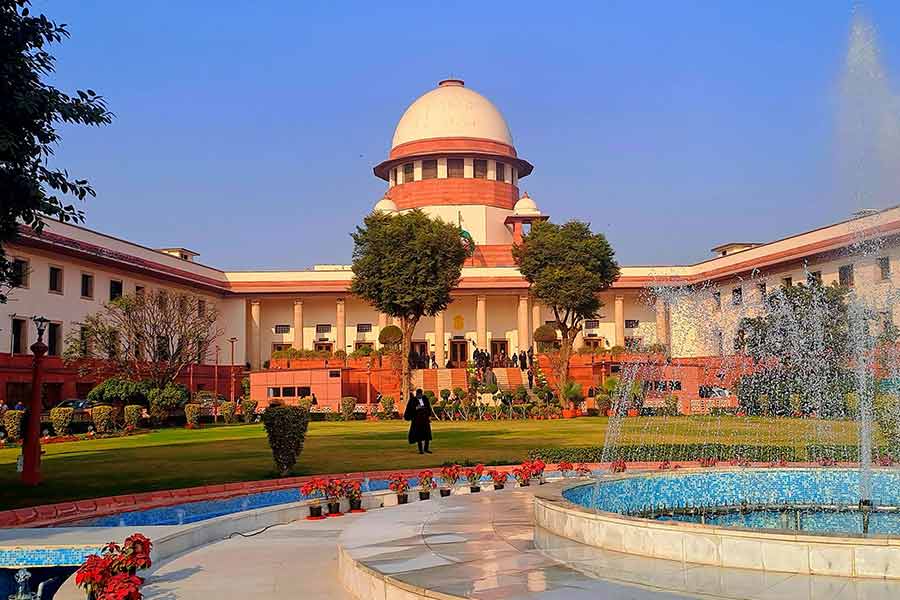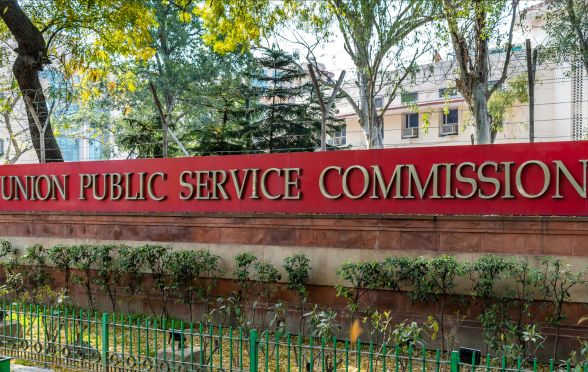 |
New Delhi, July 9: India’s growing passion for reading is matched by a growing trend of publication of pirated books, threatening creation of intellectual capital while disseminating poor content among readers, including school children, a report released today said.
The report on Socio-Economic Impact of Piracy in the Publishing Sector, conducted by the Confederation of Indian Industry, suggests pirated books accounted for about 20 per cent of the sales in the domestic market in 2011-12. The level of piracy was 17 per cent in 2007-08.
Publishing in India, being largely an informal and unorganised sector, is a vibrant market driven by the country’s growing level of education and demographics.
The hypotheses of the study are based on fundamental economic principles that say that whenever there is an unfulfilled demand through legitimate sales, the market fulfils it through other means. These means are not legal and hence would constitute a measure of the grey or illicit markets. According to the study, the “piracy” segment caters to this unfulfilled demand.
Based on government data, the study determines the legitimate supply and consumption of books. It defines the market size of pirated books as a gap between the total expenditure on books by households and students and the legitimate supply of books. Data on expenditure of households on purchase of books is taken from the consumption expenditure data of the National Sample Survey Organisation (NSSO).
In estimating the supply side of publication of books, the study captures the value of supply from the sum of production from factories and publication by the governmental institutions such as the National Council of Educational Research and Training (NCERT), State Education Boards and the National Book Trust (NBT).
During the period between 2007-08 and 2011-12, the consumption of published books registered a near 100 per cent jump. The piracy levels during the stated period are estimated to be between 17.47 per cent and 19.31 per cent. This includes both academic as well as non-academic books.
The piracy level in academic book publications is estimated to be around 12-15 per cent. For the non-academic publishing segment, the piracy levels are estimated at 22-25 per cent.
The loss of legitimate sales revenue because of piracy in publication of books stands at Rs 83340 million in 2011-12, as against Rs 38850 million in 2007-08.
Lower industry revenue leads to lower tax revenue for the government. The study estimates that because of piracy the tax loss in 2007-08 was Rs 3205 million, which increased to Rs 4610 million in 2009-10 and went up to Rs 6875 million in 2011-12.
Piracy of books impacts the very basis of intellectual growth and development. Lack of faith by the rights holder over their ability to make reasonable gains out of their labour could bring down the investment cycle in the sector at large, the report said. Piracy will discourage creativity and research.
It may adversely impact the learning of children since pirated books are not just low in terms of their quality, but are also incomplete. Piracy can destroy the content as pirates may publish erroneous or edited content, hence affecting uniformity of content especially in the case of school textbooks, it said.
Effective enforcement of copyright law should deter piracy. Enforcement agencies, including police authorities, must be equipped, strengthened to administer and enforce copyright laws.
Government and industry stakeholders should actively promote public awareness campaigns on copyright piracy and its consequences for the economy, culture and society at large. School boards could introduce awareness programmes on copyright violations as part of course curriculum.










